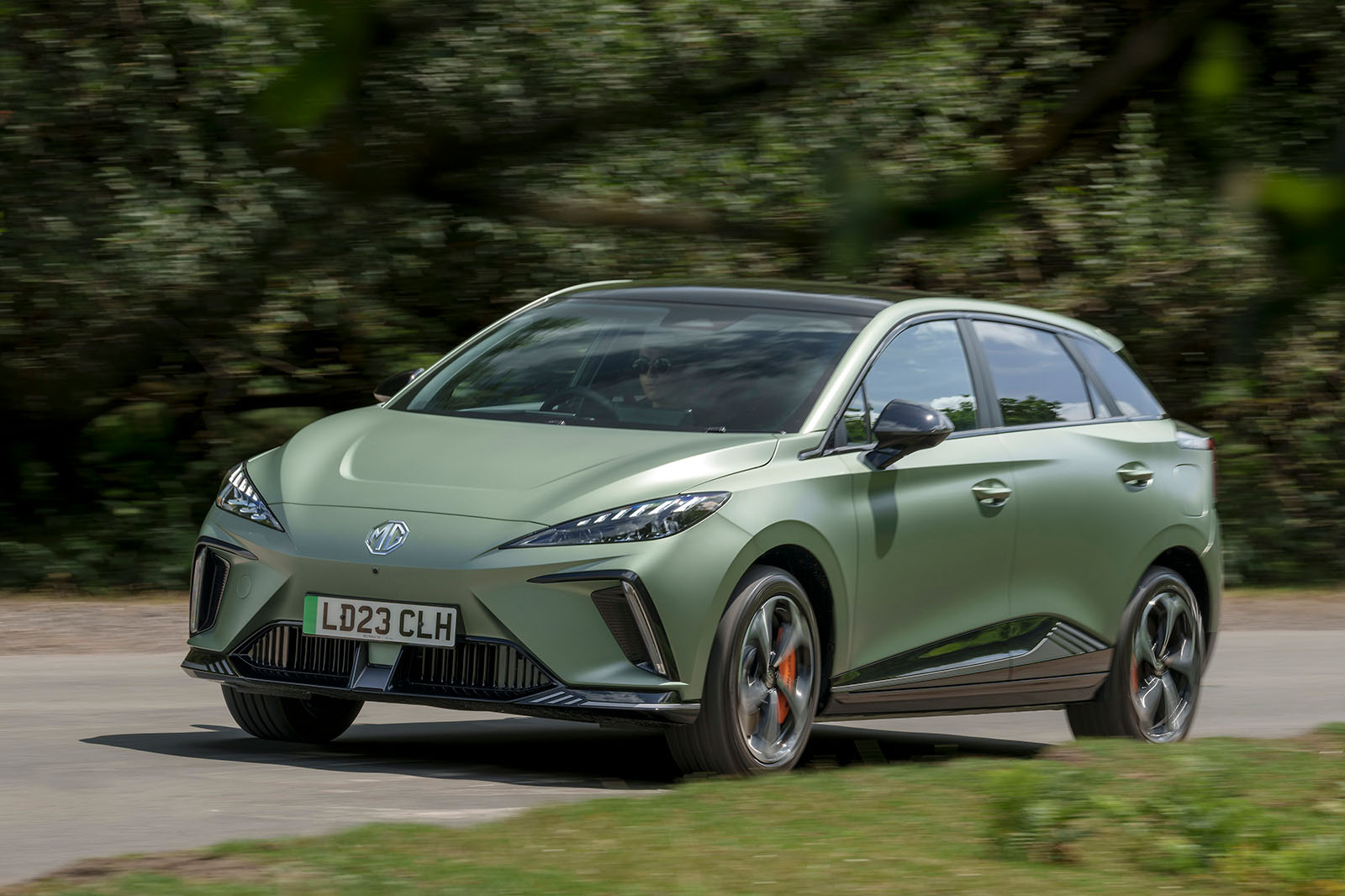The most efficient electric cars - and their real-world results
We crunch the numbers on the electric cars on sale today to which are the most efficient For many electric car buyers, choosing which one to buy hinges on two key factors: how much range the car has, and how efficient it is. While many electric cars have impressive claimed range figures, managing to achieve them is another story. Electric car efficiency is measured by calculating its miles per kilowatt hour used, shortened to mpkWh. For example, a Volkswagen ID 3 with a 77kWh battery would require an efficiency of 4.5mpkWh to achieve its officially rated 347 miles of range. Efficiency is impacted by several variables, including battery size, driving style and outside temperature. Another important factor is weight. The Audi Q8 E-tron, for example, is powered by a 106kWh battery, but weighs a staggering 2585kg, meaning it can deliver only around 2.9mpkWh. Larger, SUV-style electric cars are also usually impacted more by drag, which reduces their range compared with sleeker, more aerodynamic sports cars and hatchbacks. Then there’s the weather. Warmer temperatures mean a battery’s chemical reactions can occur faster and produce a higher range, whereas colder weather requires more energy, reducing range. Other aspects dictated by the driver, such as how fast you drive and the use of climate control or air conditioning, also affect range. A car will often be able to travel further on a single charge in the city compared with on the motorway, as more power is required to sustain higher speeds and handle the increase in drag. Now you know how an electric car’s efficiency is impacted - but just how efficient are electric cars in the real world, and which are the most efficient electric cars on sale today? Our list below details the best EVs to squeeze the most mileage out of your battery.
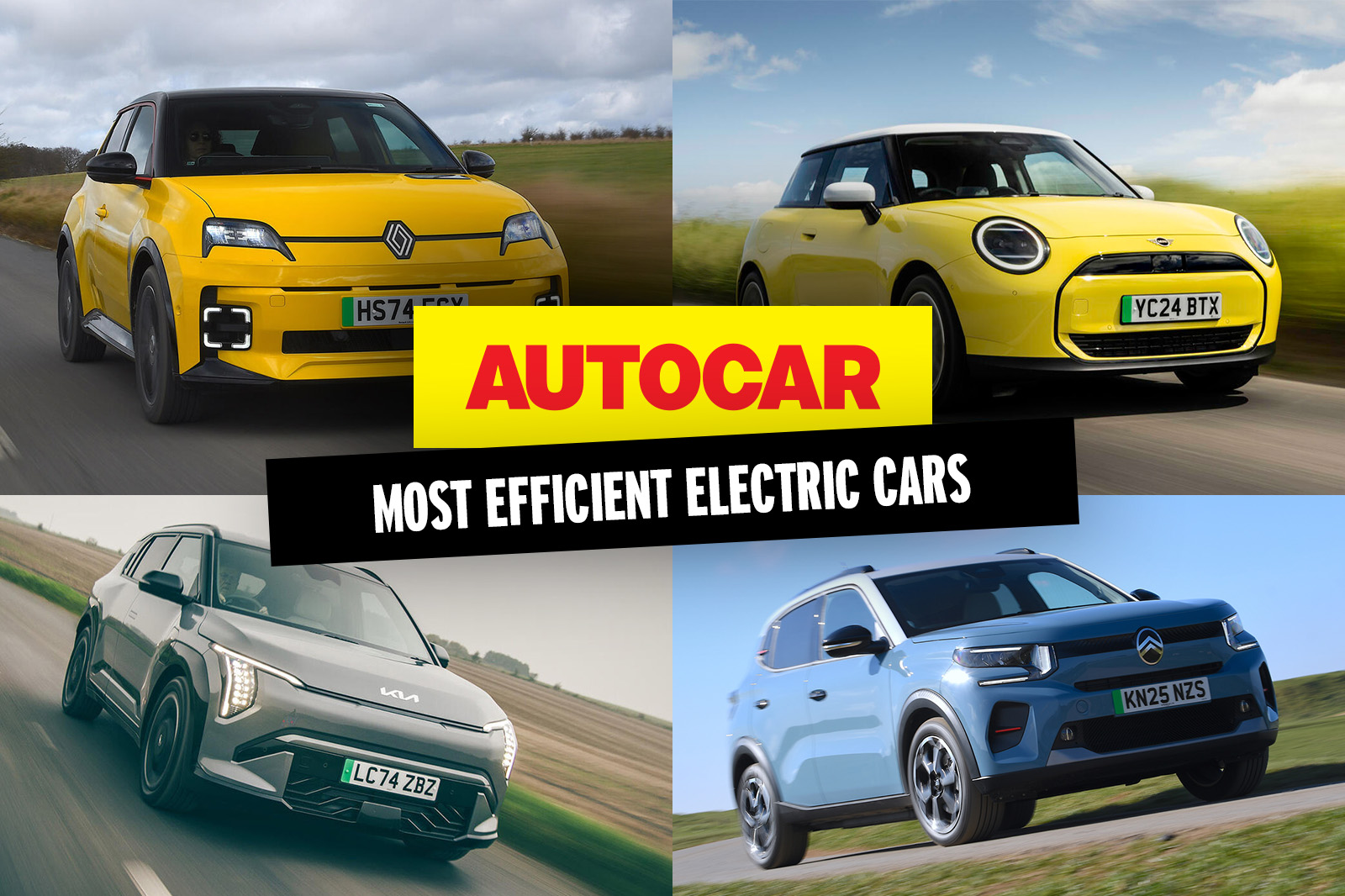
 We crunch the numbers on the electric cars on sale today to which are the most efficient
We crunch the numbers on the electric cars on sale today to which are the most efficient
For many electric car buyers, choosing which one to buy hinges on two key factors: how much range the car has, and how efficient it is.
While many electric cars have impressive claimed range figures, managing to achieve them is another story.
Electric car efficiency is measured by calculating its miles per kilowatt hour used, shortened to mpkWh. For example, a Volkswagen ID 3 with a 77kWh battery would require an efficiency of 4.5mpkWh to achieve its officially rated 347 miles of range.
Efficiency is impacted by several variables, including battery size, driving style and outside temperature. Another important factor is weight.
The Audi Q8 E-tron, for example, is powered by a 106kWh battery, but weighs a staggering 2585kg, meaning it can deliver only around 2.9mpkWh.
Larger, SUV-style electric cars are also usually impacted more by drag, which reduces their range compared with sleeker, more aerodynamic sports cars and hatchbacks.
Then there’s the weather. Warmer temperatures mean a battery’s chemical reactions can occur faster and produce a higher range, whereas colder weather requires more energy, reducing range.
Other aspects dictated by the driver, such as how fast you drive and the use of climate control or air conditioning, also affect range. A car will often be able to travel further on a single charge in the city compared with on the motorway, as more power is required to sustain higher speeds and handle the increase in drag.
Now you know how an electric car’s efficiency is impacted - but just how efficient are electric cars in the real world, and which are the most efficient electric cars on sale today? Our list below details the best EVs to squeeze the most mileage out of your battery.












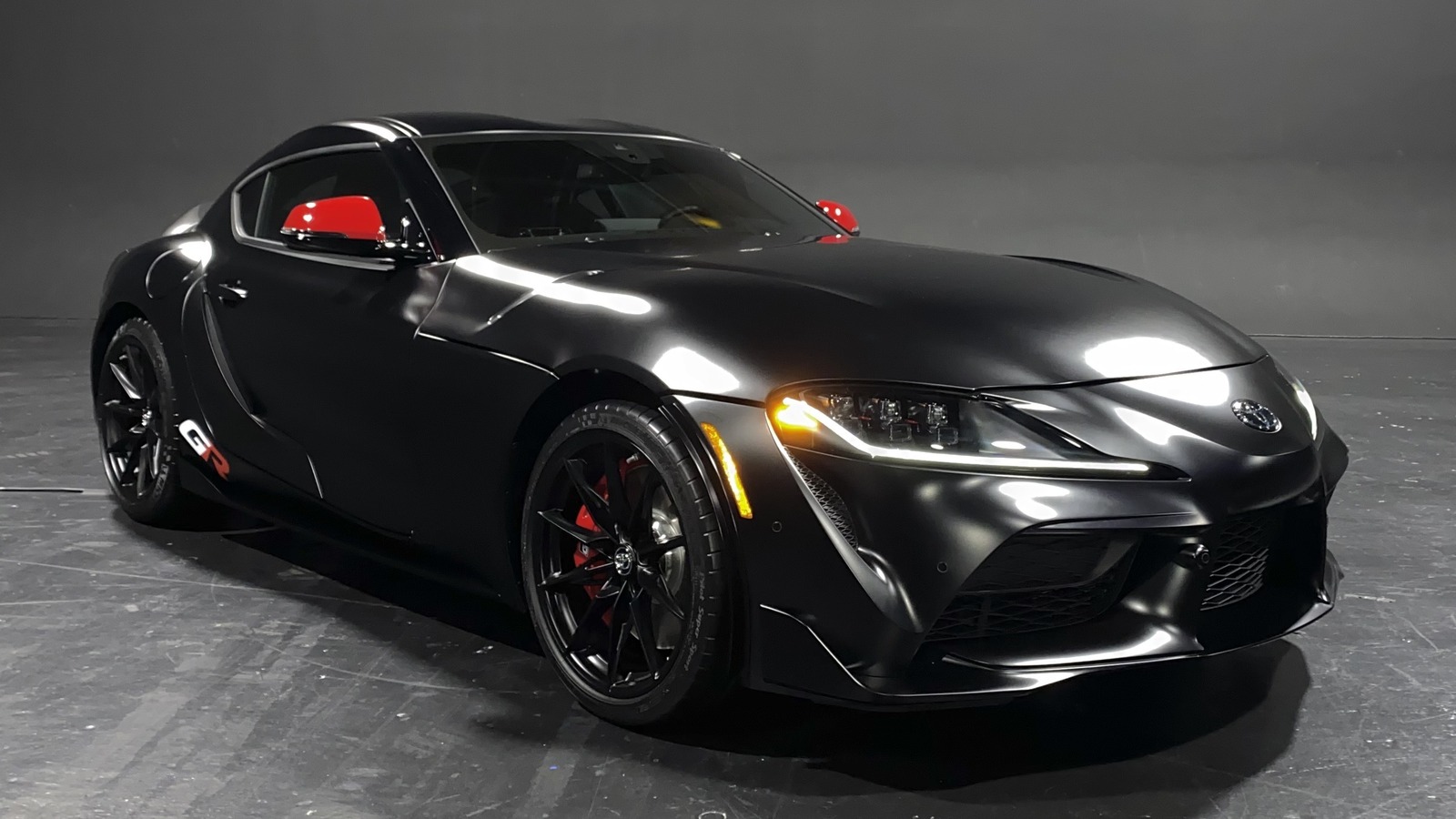

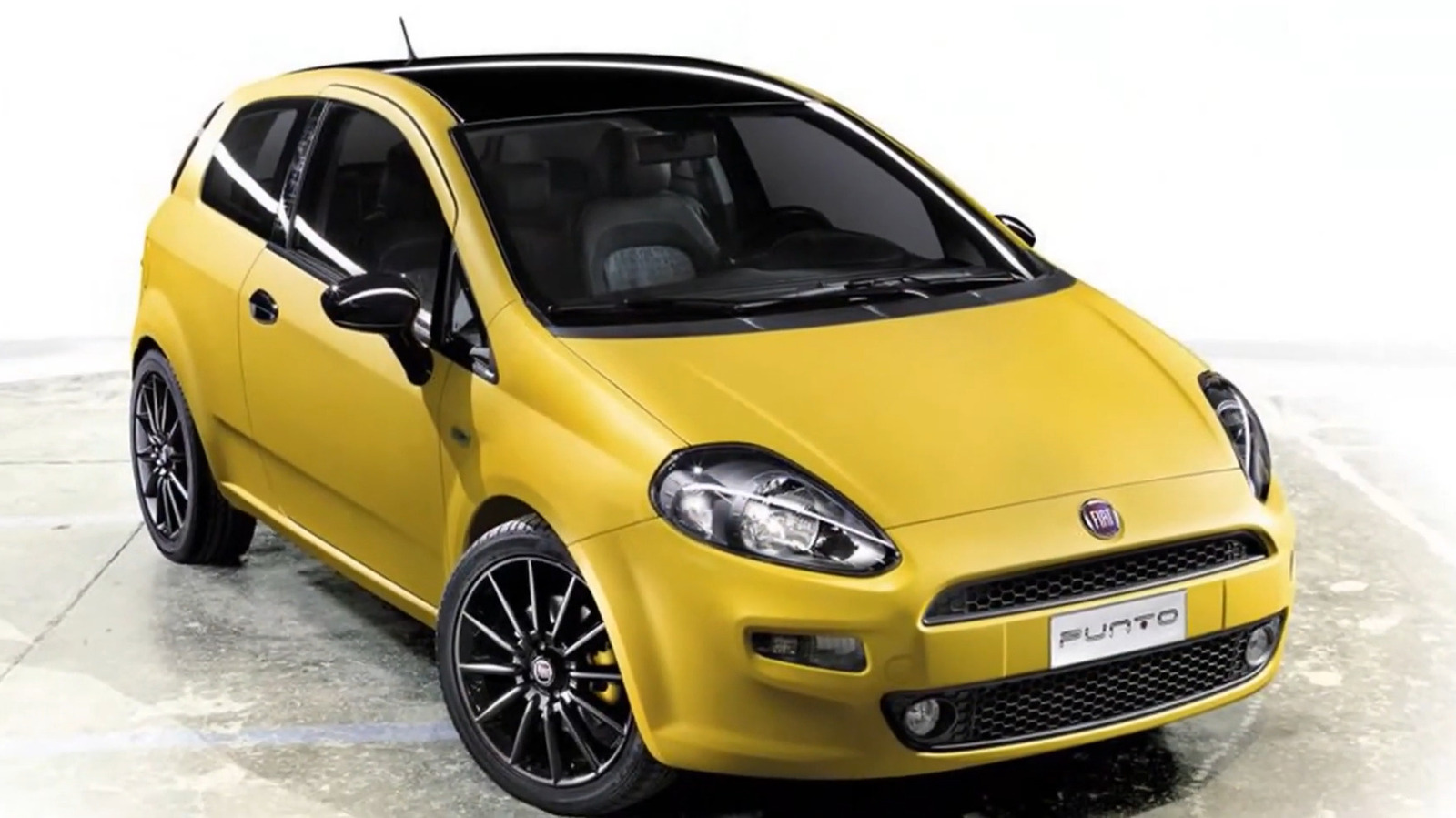
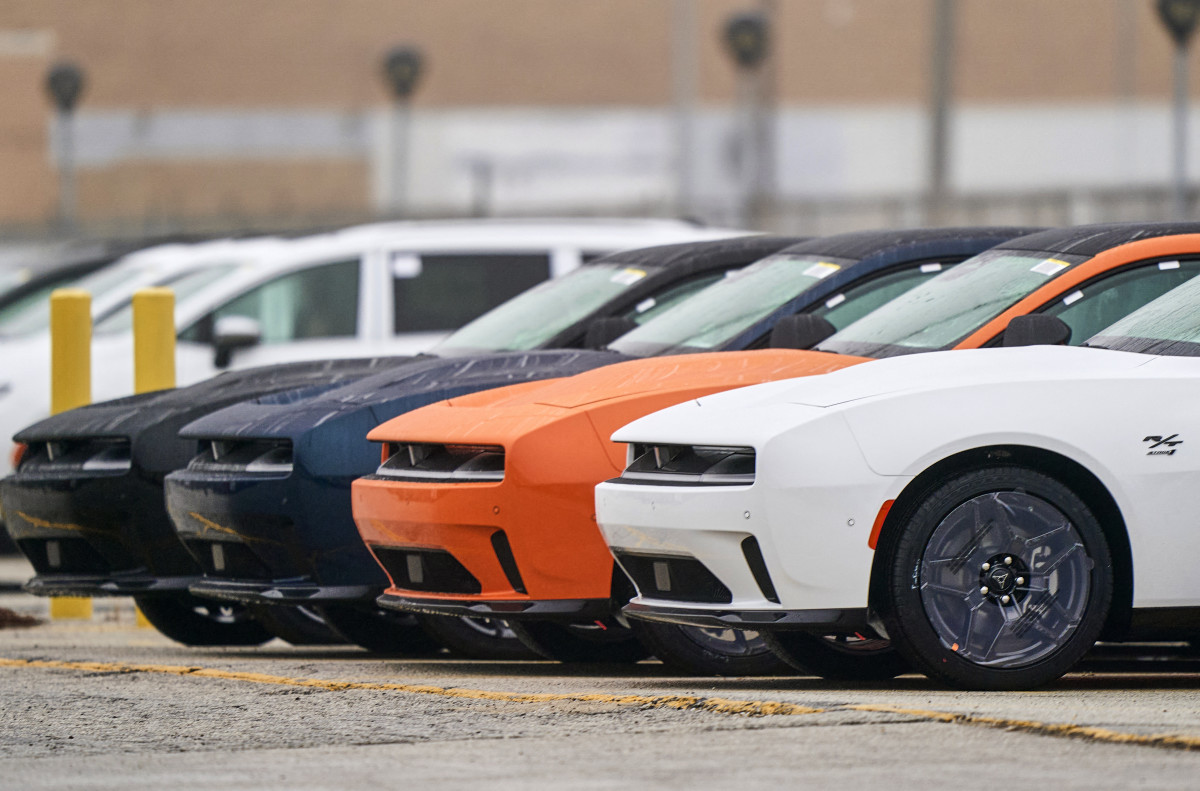



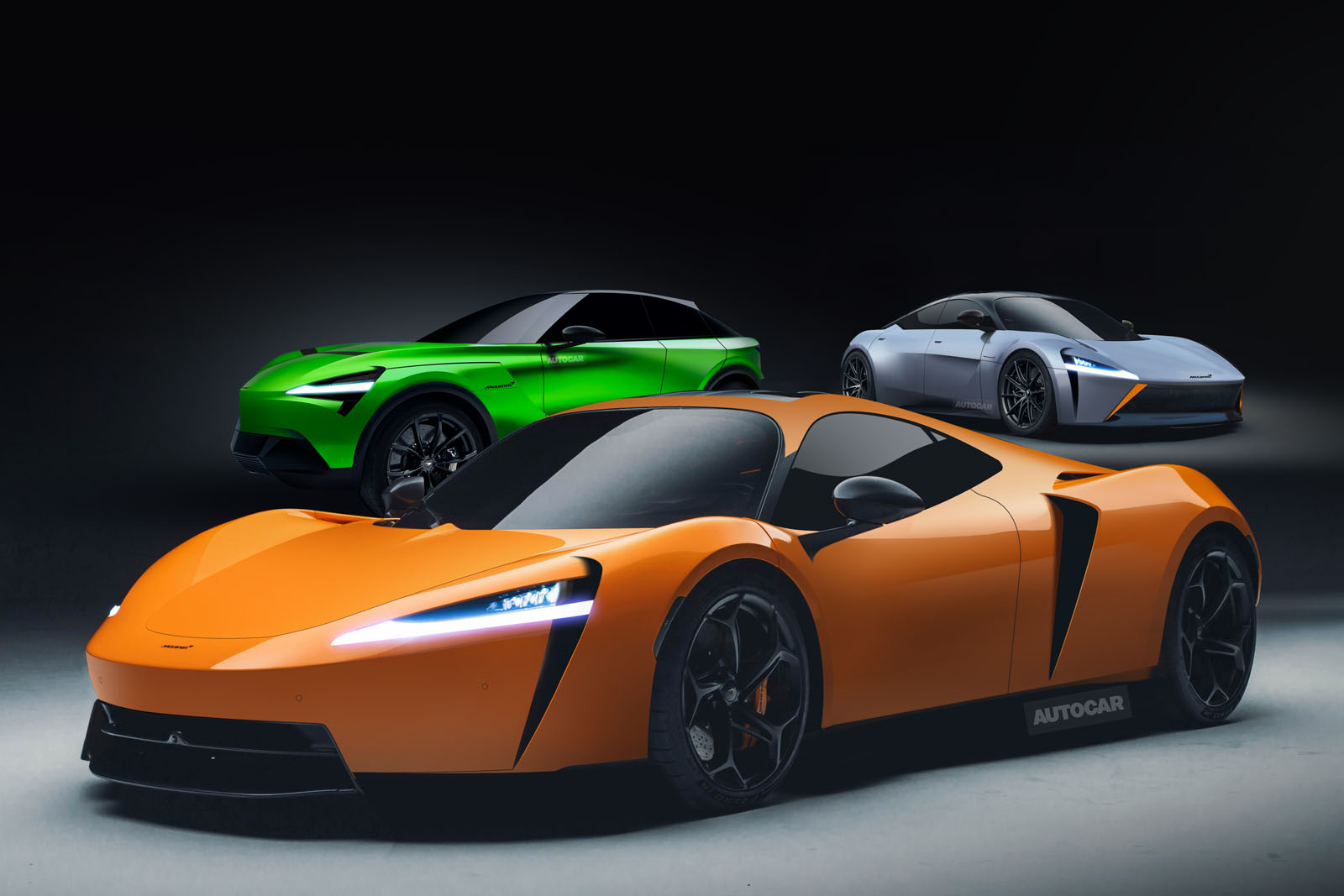
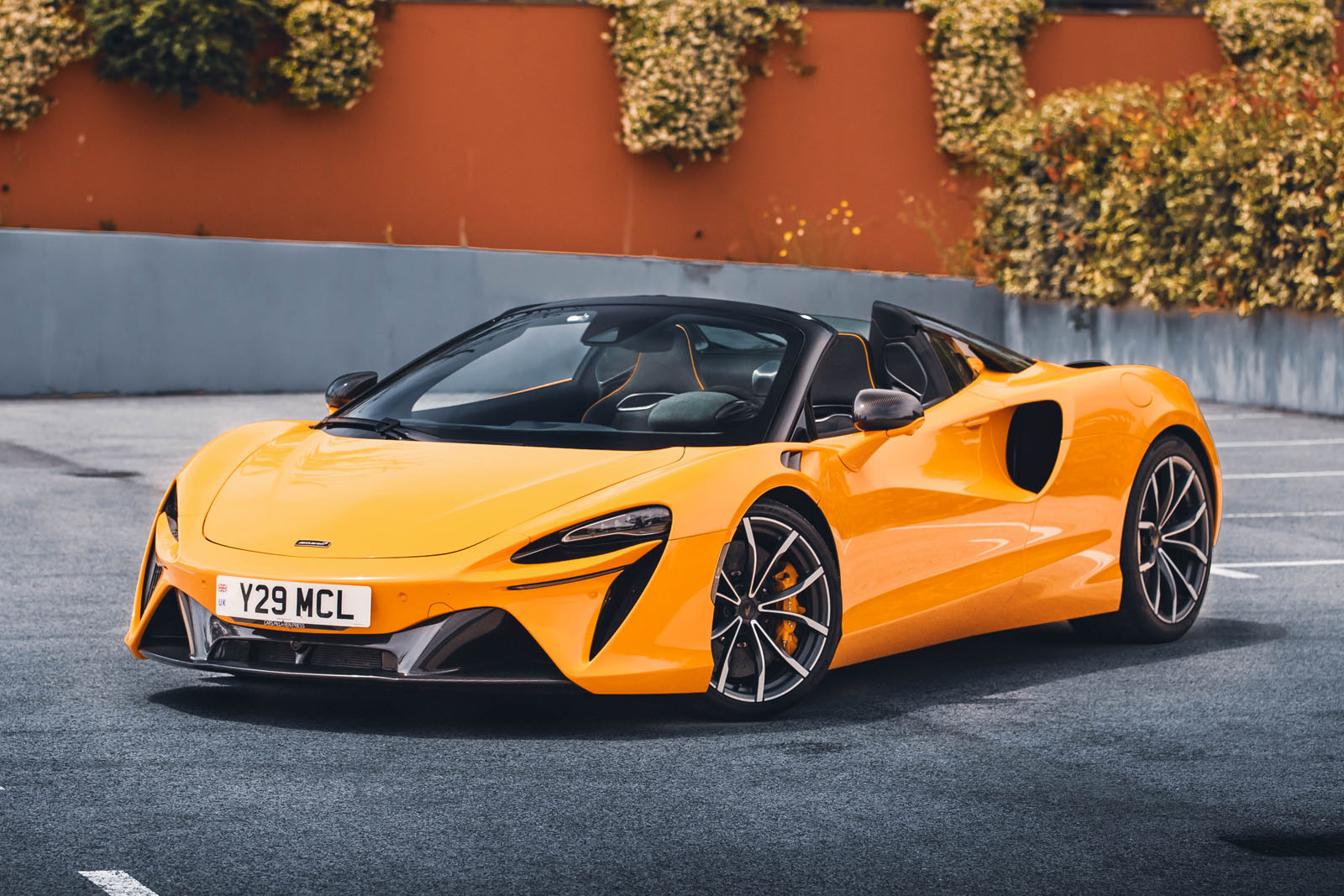
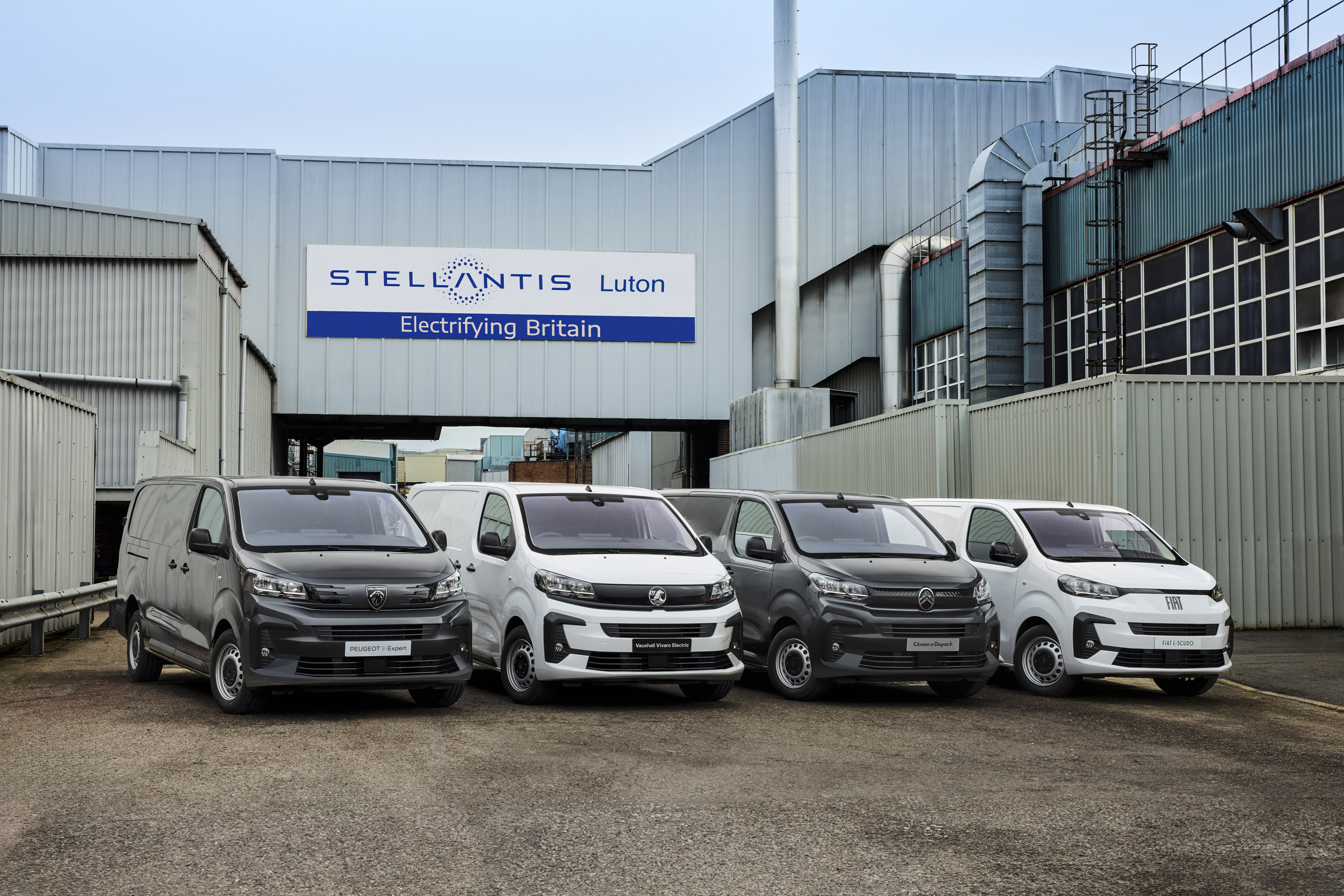
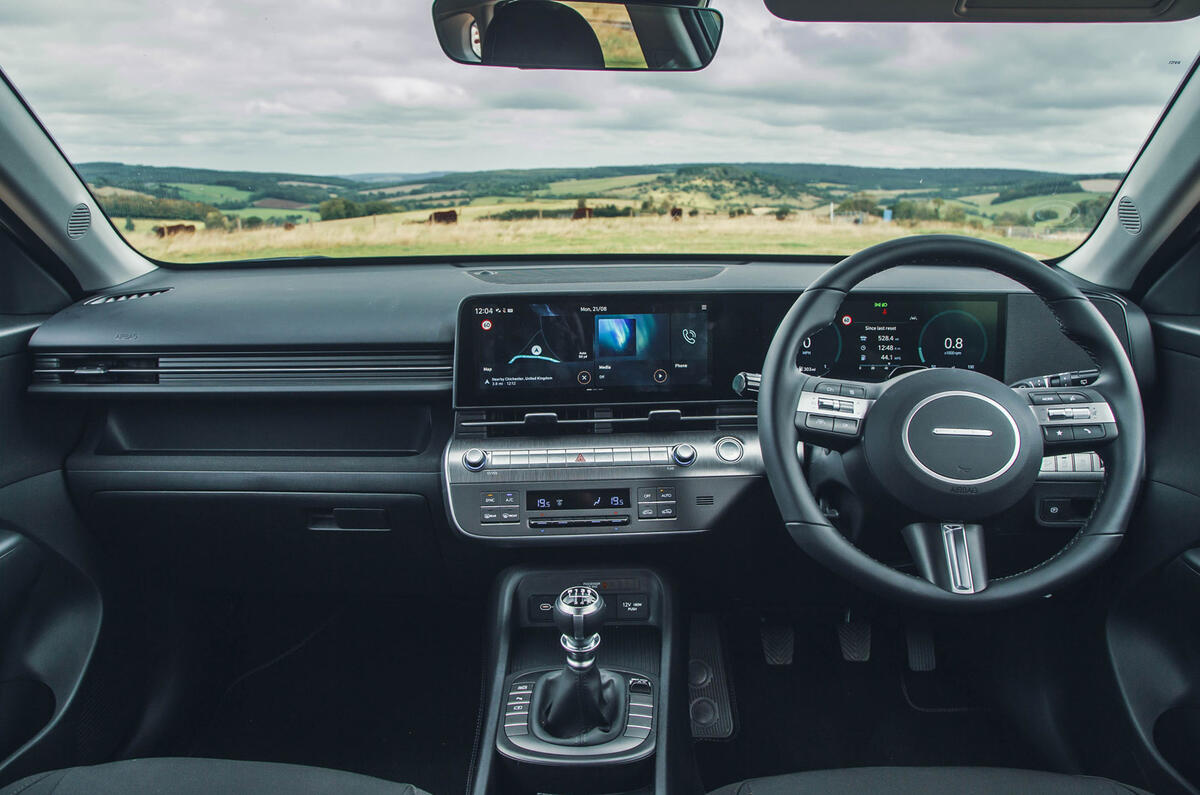








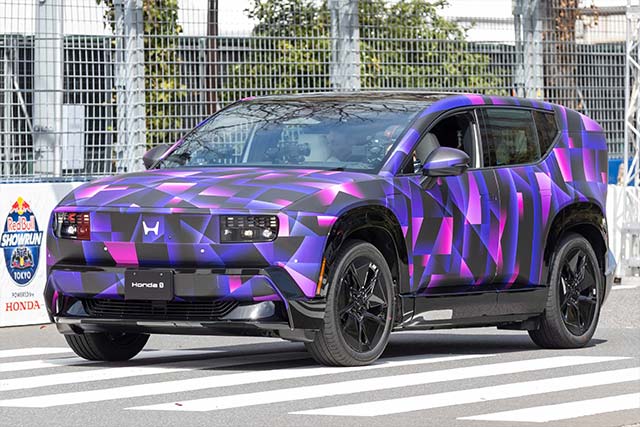
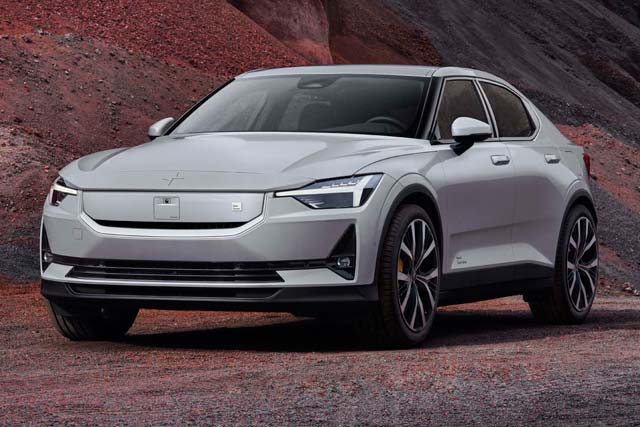
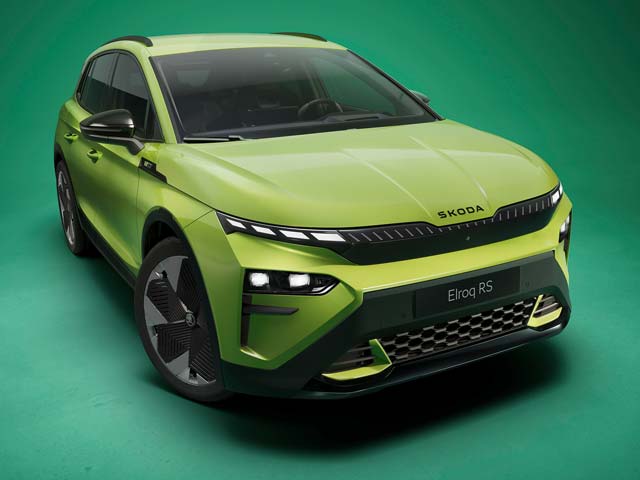
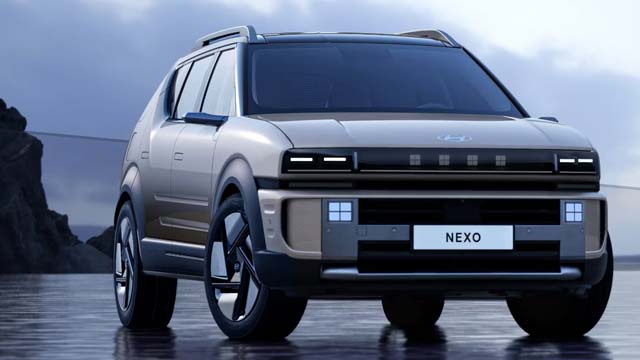
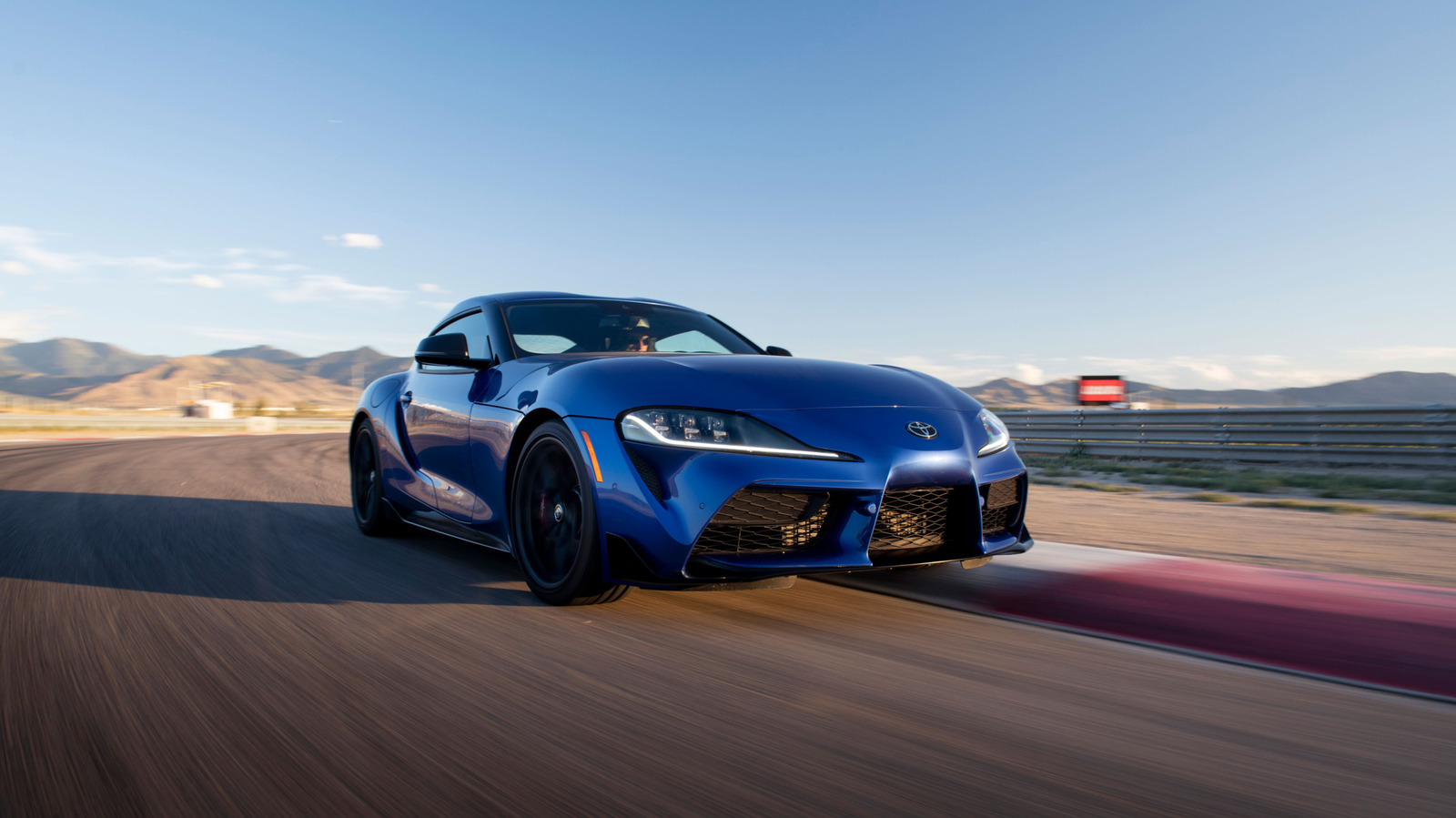






































































































































.jpg)



